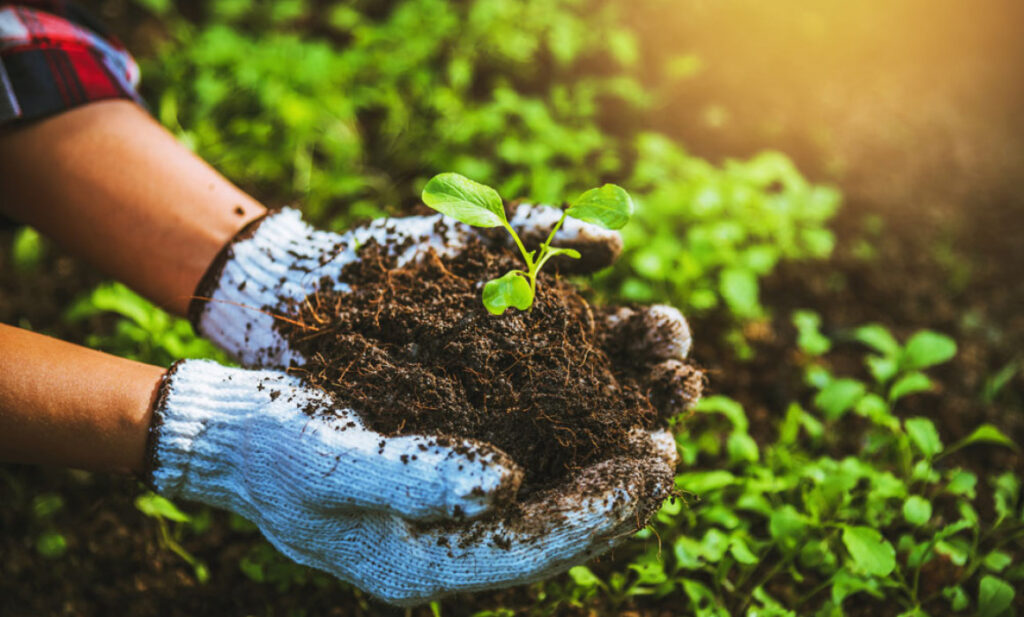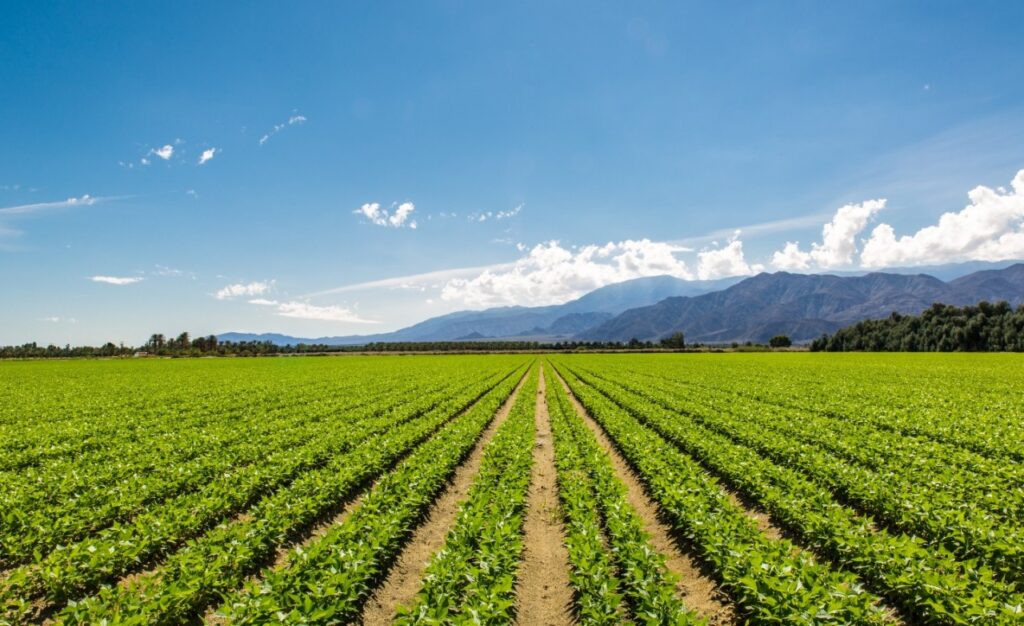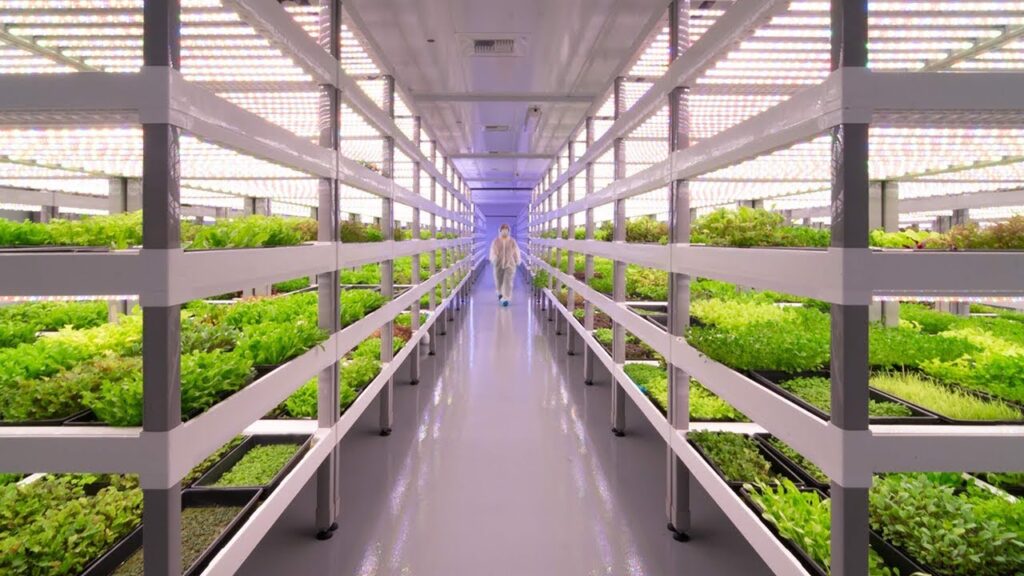Agriculture is a big business in the US, contributing 10.5 percent of employment. It means millions of people working in farms and food segments. Although the country is one of the biggest food producers and exporters, there’s still room for improvement.
The good thing is that growers have access to top-notch infrastructure and farming innovation. As a grower, you can seek opportunities to embrace innovation for better yield and quality of your crop. It can future-proof your farm against climatic changes and environmental challenges.
According to EPA estimates, agriculture was responsible for 11.2 percent of greenhouse gas emissions in 2020. Green innovation can resolve this concern. It can also pave the way for sustainable and organic cultivation.
Since you have enough good reasons to join the agricultural tech bandwagon, it is time to understand the possibilities. Besides knowing your options, you must stick with the practical and affordable ones. Let us share the green innovation trends you can adopt to transform your farming practices.
Organic Farming

Source: hars.com.tr
Although organic farming has been around for some time, growers are adopting a fresh perspective toward it. Chemical fertilizers and pesticides may boost your yield, but the crop obtained is high in toxins. Not to mention, weed control products like Roundup can increase the risk of cancer for farm workers.
The recent surge in Roundup lawsuits reinforces the potential threat of its long-term use. Victims developing cancer due to exposure can hire the best lawyer for the Roundup Lawsuit to claim compensation for their pain and suffering.
According to TorHoerman Law, glyphosate, the active ingredient in Roundup, is a carcinogen that poses the risk of lymphatic cancer. But unfortunately, the US accounts for 19% of the global Roundup, which translates into grave dangers to farm hands in the country. Awareness is crucial because victims can sue the manufacturer for compensation to cover their medical bills and other expenses.
Adopting innovative alternatives to Roundup and other chemicals is an even better idea. Green organic techniques such as crop rotation, composting, reduced tillage, and sequestering carbon into the soil can cut the need for chemical products.
Precision Agriculture

Source: thehill.com
With precision agriculture, you can manage agricultural resources. It involves collecting, processing, and evaluating data. You can use it to get insights to optimize soil quality, sustainability, and productivity. Precision farming is already trending, with research showing that the global market will hit a whopping $16.35 billion by 2028.
Although Big Data sounds like tech jargon, it can help you improve operations at the grassroots. For example, you can use data to control crop yield variables such as soil condition, moisture level, and microclimates. Besides Big Data and Analytics, precision farming utilizes technologies like drones, robotics, and remote sensing systems to optimize agricultural resources and improve crop health.
Farm Automation
Another green innovation that can maximize your crop yield and quality is farm automation. It combines agricultural machinery, electronics, chemical sensors, computer systems, and data management. Together, these elements can automate decision-making and reduce human input and error in farm operations.
Automated harvesters, autonomous tractors, drones, and mechanical seeding and weeding are a few practical examples of farm automation. These tools and technologies handle menial and recurring tasks, giving you more time to focus on critical functions.
Indoor Vertical Farming

Source: youtube.com
Space constraints can be challenging for small farmers and growers. But indoor vertical farming can future-proof your agricultural business, helping you to achieve more with less. Besides reducing space requirements, the technique provides more control over environmental factors. You can even grow without soil by using hydroponics or aeroponics.
The vertical farm trend is an evolving one because of its evident benefits. Indoor vertical farms offer healthier and bigger yields, reduce labor costs, and limit water usage. This technology is good for your wallet and the environment.
Minichromosome Technology
Minichromosome technology is a new one but promises to be a game-changer. This innovative technology can enhance a plant’s traits without changing its genes. Agricultural geneticists can use it to make plants more pest-resistant and drought-tolerant.
It means you will have to invest less effort in caring for crops. They require fewer fertilizers, pesticides, and fungicides, making them safer for human consumption. While the technology is still nascent, it can disrupt agriculture in the future.
Solenoid valves have found their way into countless industries and applications, and the farming business is no exception. Here’s where you can learn more about solenoid valves, how they work, and their different applications and advantages in the farming industry.
Conclusion
Green innovation is the best investment you can make for your agricultural business. Sustainable farming, bigger yields, healthier crops, and higher profits are the most significant benefits it unlocks. The best part is that you can achieve them all with less effort in the long run. There couldn’t be a better way to make the most of your cultivation practices.



